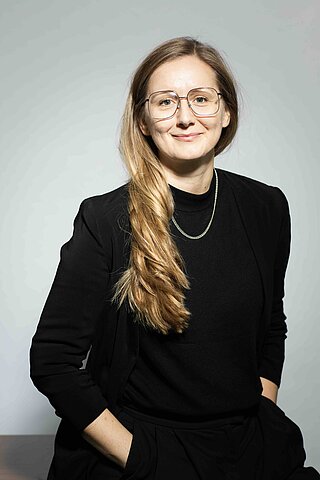Beyond Zeros and Ones? Early Computing and the Arts
Long before today’s debates about AI and creativity, artists in the 1960s and 70s were already exploring the possibilities and limits of computing. This seminar traces how early digital technologies shaped artistic practices, focusing on key works and exhibitions such as "Cybernetic Serendipity" (1968). We’ll examine how artists responded to the logic of code and computation – what lies beyond the zeros and ones – and how they challenged the assumptions embedded in algorithmic systems. Inspired by the recent exhibition "Radical Software", we’ll highlight the often-overlooked role of women in the history of computing. A public event in November 2025, "Reading Artists’ Books: Problems for Computer", will explore how artists like Alison Knowles and Stanley Brouwn used printed formats to reflect on automation, authorship, and techno-utopianism. The course offers a historical lens on today’s digital culture and invites creative and critical engagement with early media art.
Dr. Regine Ehleiter

Dr. Regine Ehleiter is a Berlin-based curator and art historian with a research focus on transnational exhibition history, artists’ publications, conceptualism and ecology. regineehleiter.de/about/
Ziele & Kompetenzen
Thematic focal points: This course focuses on the historical entanglements between computing and the arts, with particular attention to the late 1960s and 1970s.
Learning outcomes: By the end of the course, students will understand the historical development of computer-based art and its critical discourses; be familiar with key exhibitions, artworks, and figures that shaped early digital practices; and gain insight into the political and cultural contexts in which these works emerged, particularly in relation to media critique and gendered labor in computing.
Competences: Students will develop the ability to analyze artworks and publications that engage with computation, both historically and in light of contemporary concerns; formulate and present independent research that connects historical material to present-day debates on digital culture;
engage creatively and critically with hybrid forms of artistic expression at the intersection of text, code, and image.
Maximale Teilnehmendenzahl
30 Teilnehmer
